
Ecuador 2025
Supported by the Association of Corporate Counsel


Legal manager Colombia and Ecuador | Patterson-UTI International
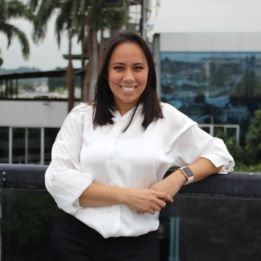
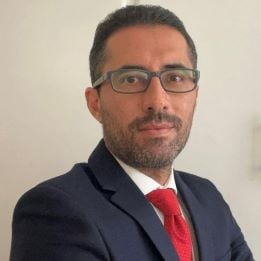

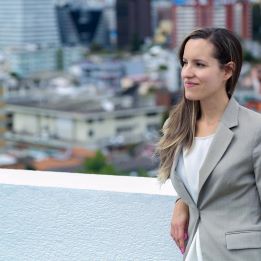
Compliance and data protection officer | Telefónica Ecuador

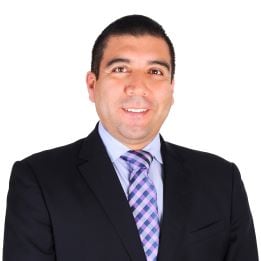
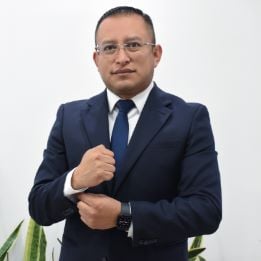


General counsel Ecuador | Huawei Technologies Ecuador




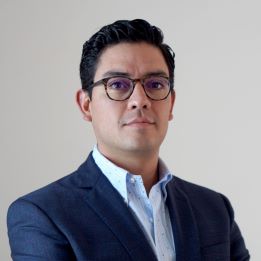
Legal manager - Ecuador | SBA Communications Corporation Ecuador



Senior counsel | Phoenix Tower International Ecuador (PTIE)
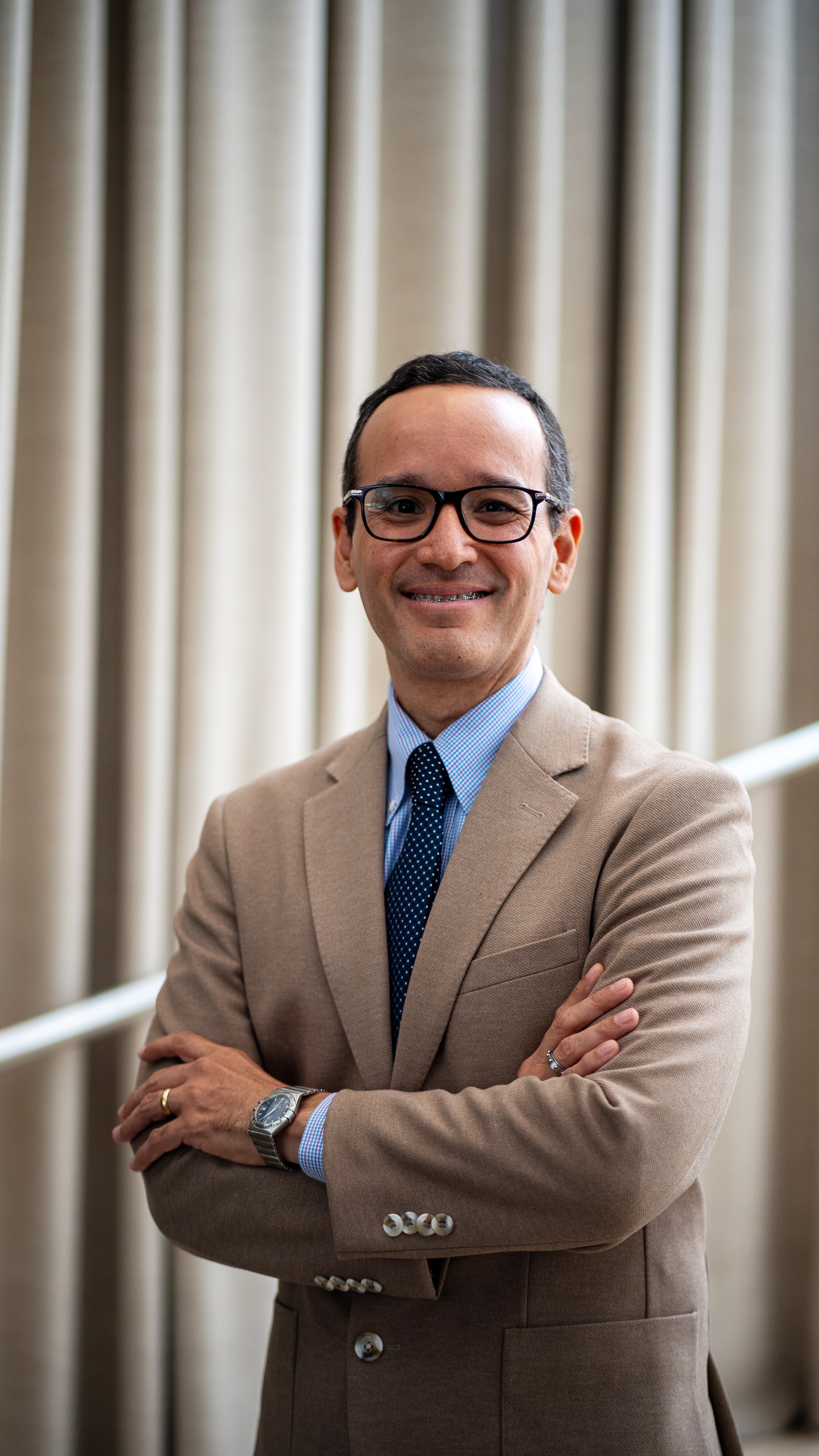
Vice president of legal and corporate affairs | Reybanpac


Legal counsel and regulatory affairs | Corporación El Rosado

Legal and compliance and corporate affairs director | Holcim




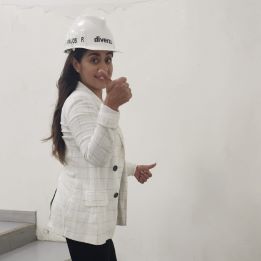


General counsel and president of the compliance unit | Grupo Santillana

Vice-president of legal, corporate affairs and sustainability | Nestlé Ecuador






Submanager of compliance, AML/AFC and data protection | Generali Ecuador Compañía de Seguros





Chief legal and corporate relations officer | Quala



Chief legal officer | Trust Fiduciaria Administradora de Fondos y Fideicomisos

Director | Cámara de Industrias de Guayaquil


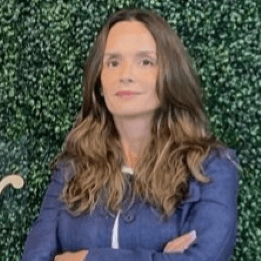
General counsel, Venezuela and Ecuador | Unilever Andina Ecuador
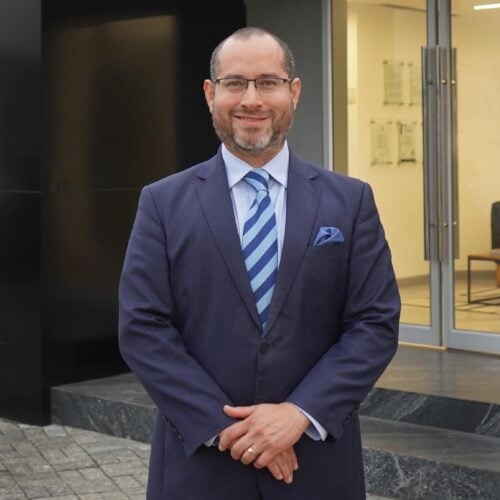
Legal and compliance manager | Duragas Abastible





Executive director | Fundación de Apoyo al Desarrollo Sustentable del Ecuador (FADSE)




Senior legal manager and compliance officer | Corporación Quiport




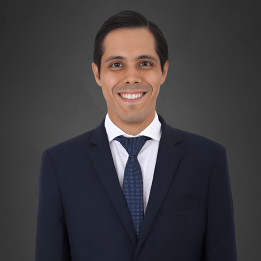












Legal, corporate affairs and compliance manager | UNACEM Ecuador







Legal, compliance and public relations manager | UNACEM Ecuador



Legal and compliance manager, Ecuador, Puerto Rico, Dominican Republic, Aruba and Curazon | Linde

Legal and compliance director | Empresa Pública Metropolitana de Seguridad y Logística





Congratulations to everyone featured in our first standalone GC Powerlist Ecuador since 2023 – a return that is long overdue. Alongside Dentons Paz Horowitz, we are excited to once again shine a spotlight on the exceptional in-house legal talent in Ecuador, one of the most dynamic markets in the whole of Latin America, through this dedicated publication.
A sincere thank you to everyone who took the time to speak with us for this project. These conversations are what bring the Powerlist to life, allowing us to share insights from leading general counsel with a global audience and contribute to the broader development of the in-house legal community.
Through the GC Powerlist initiative, we aim to foster connections between general counsel, enabling them to exchange knowledge, learn from one another, and support each other’s professional growth – something we know is vital in today’s evolving legal landscape.
Legal 500 returned to Miami to celebrate the launch of the GC Powerlist: Miami 2026, hosted in partnership with Winston & Strawn. The event brought together leading in-house counsel from across the city for an evening recognising their work, leadership, and clear impact within their organisations.
Juan Azel, Chair of Winston & Strawn’s Fintech, Banking and Payments practice, opened the evening with remarks on the opportunities emerging from Miami’s economic growth.
He was followed by keynote speaker Nilo J. Barredo, Head of Legal, Wealth, Banking & Lending for the Americas and Director, Associate General Counsel at Citigroup, who shared perspectives on the evolution of Miami’s in-house ecosystem.
A reception followed, giving this year’s honourees the chance to connect with peers and exchange experiences.
Legal 500 extends its thanks to Winston & Strawn for supporting the recognition of Miami’s outstanding general counsel community, and congratulates all recognised general counsel on their achievements.